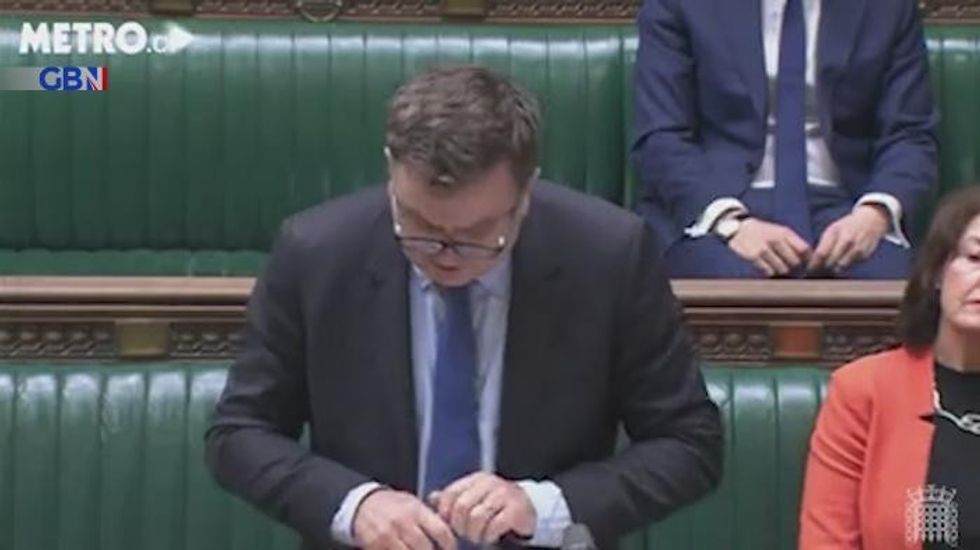Comedian Rosie Jones has launched a scathing attack on the Labour Government’s handling of disability benefits, accusing them of failing the very people they pledged to support.
Speaking to journalist Laura Rutkowski in an interview for Radio Times to promote her new Channel 4 sitcom Pushers, Jones didn’t hold back when asked about how the Government has impacted disabled people in the UK.
“It started with the bloody heating allowances – time and time again s***ting on the most vulnerable people in society,” she said.
“Companies are pulling out of DEI (Diversity, Equity and Inclusion) initiatives in the US, and I’m very scared that will come over to the UK. Right now, more than ever, if you’re disabled or you’re different in any way, this isn’t a country or a world that makes you feel welcome.”
Jones, who has cerebral palsy, explained how Pushers – which she co-wrote and stars in – was originally written under the Conservative government.
When Labour came to power, she and her co-creator briefly questioned the satire’s continued relevance.
“We had a conversation about whether our sitcom would be a little bit irrelevant with the lovely, brilliant, inclusive, disabled-friendly Labour Government,” she said.
“Unfortunately, it’s not played out that way. Talking about benefits and how this country treats disabled people poorly is more relevant than ever. Shame on us for thinking that the current government would treat us better than the last.”
MORE LIKE THIS:
BBC suspends EastEnders’ Jamie Borthwick for using disabled slur during Strictly Come Dancing stintDWP overhaul under fire as Keir Starmer called to axe ‘inhumane’ cuts to PIP and Universal Credit benefitsColin Farrell, 48, shares reason for putting disabled son, 21, in care as he speaks out on decision
Jones’ frustration stems from her own deeply personal experience with the UK benefits system.
Initially awarded the highest level of mobility support as a teenager, her benefits were later slashed following what she described as an unrepresentative five-minute assessment.
“My assessor came to my house and watched me walk seven steps and he thought during those seven steps that I walk quite well, so apparently he knows me more than I know myself,” she said.
“Luckily, I’m in a position in my job where I can afford taxis and can pick up the slack, but I shouldn’t have to spend most of my earnings on things I have no control over.”
This real-life injustice directly inspired Pushers, a dark comedy in which Jones plays Emily – a disabled woman who turns to drug dealing after her benefits are cut.
The six-part sitcom is a blend of biting political commentary and classic British humour, using satire to challenge how disability is represented on screen.
“We’ve created so many three-dimensional, flawed disabled characters beyond a typical representation of disability, which is normally: the vulnerable one, the victim, the asexual one, the one that doesn’t have any agency, drive or control,” she explained.
“You don’t see that at all in Pushers.”
Though the show aims to entertain, Jones also wants it to spark reflection.
“Well, if you’re disabled, you don’t need to resort to dealing drugs! But I do hope people sit up and think about the state of society right now,” she said.
“The number one thing, though, is I hope the series makes people laugh. Otherwise, I’ve done my job wrong.”
